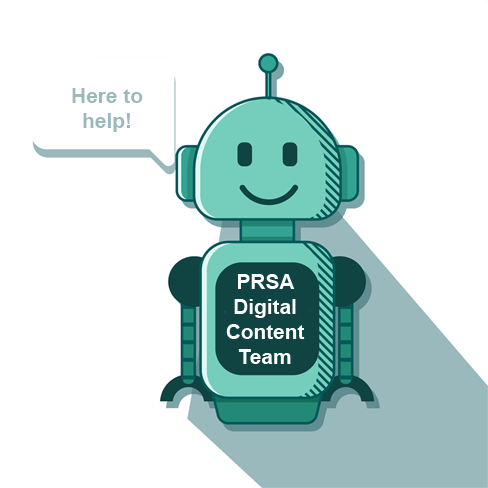Home
/
404
404
We're sorry, but we are unable to find the page you were looking for.
During the website redesign many files, documents, and pages were moved to the MyPRSA communities. Other pages were consolidated or retired.
It's not your fault. We're happy to help you find the information you're looking for!
View our Sitemap to see the new structure of the site.
Looking for a Silver Anvil case study? Search here.
Please fill out the form below so we can help you find what you were looking for:

